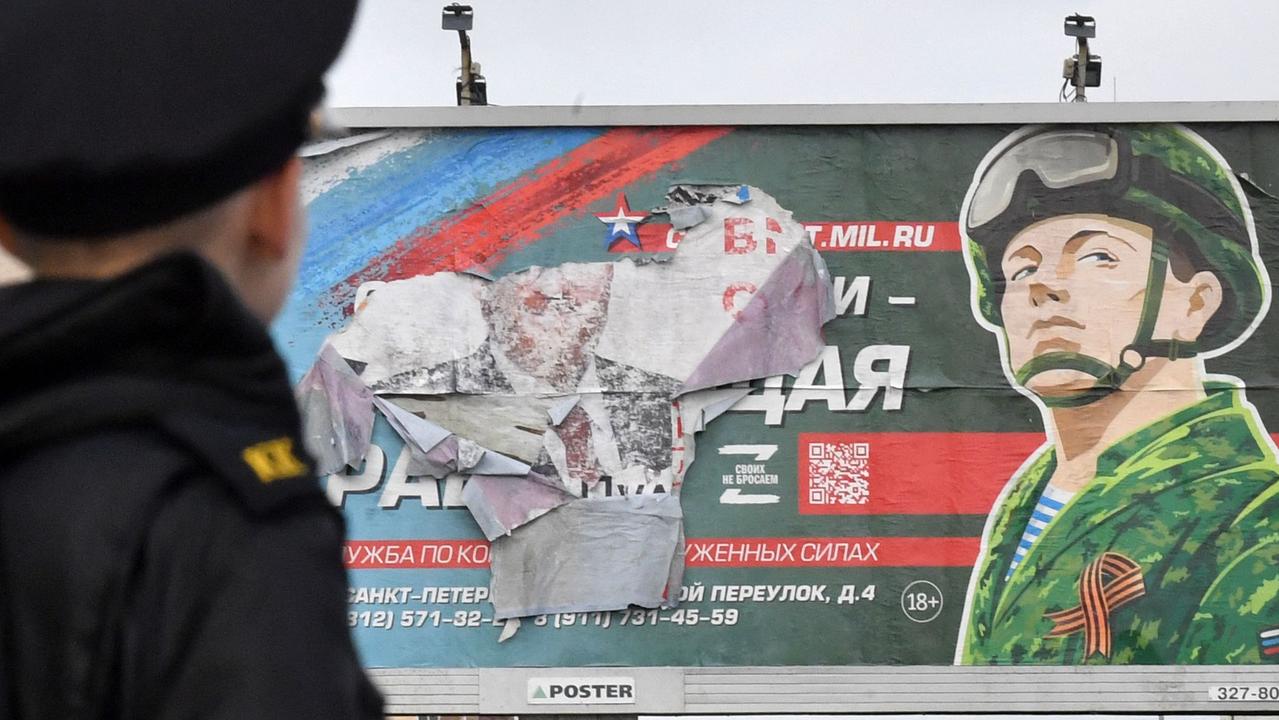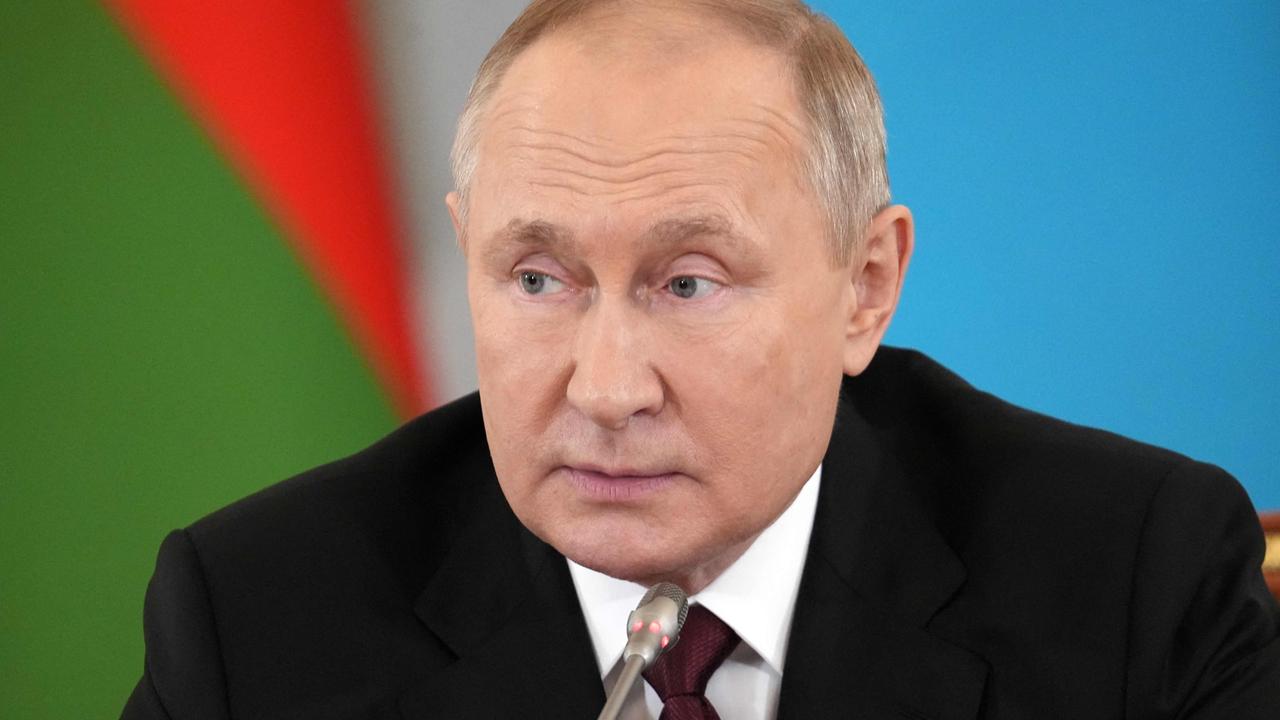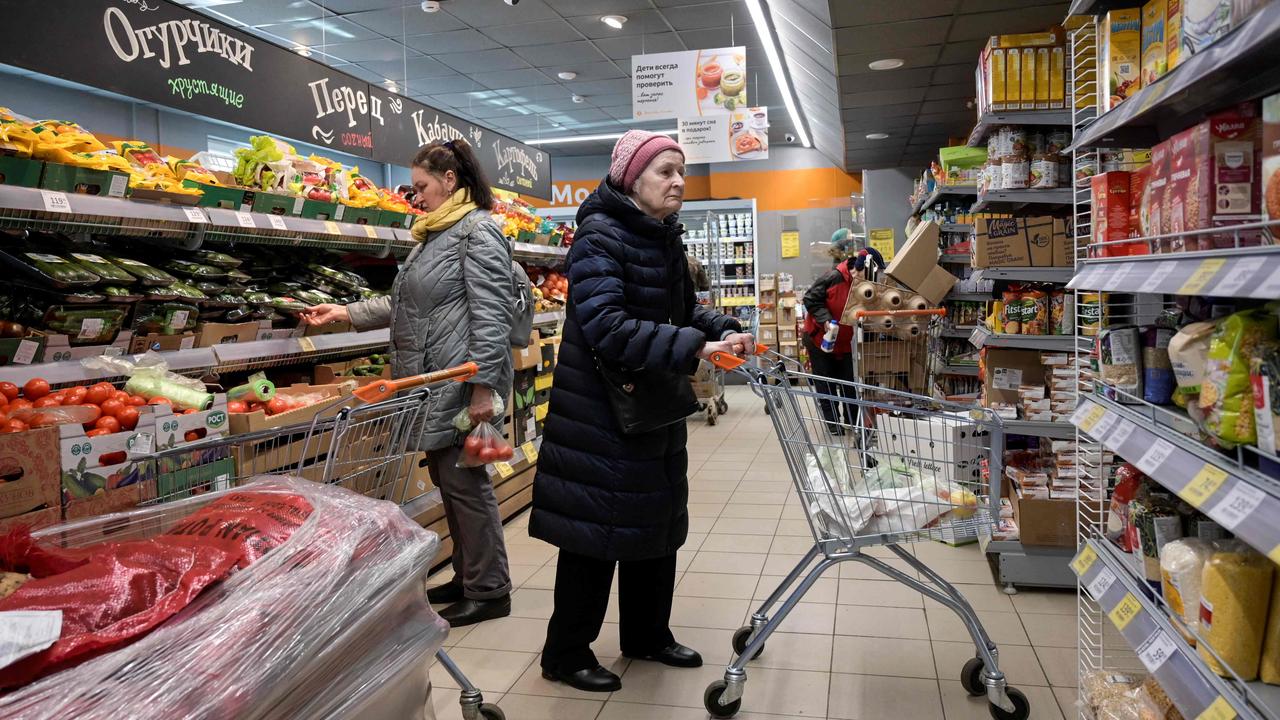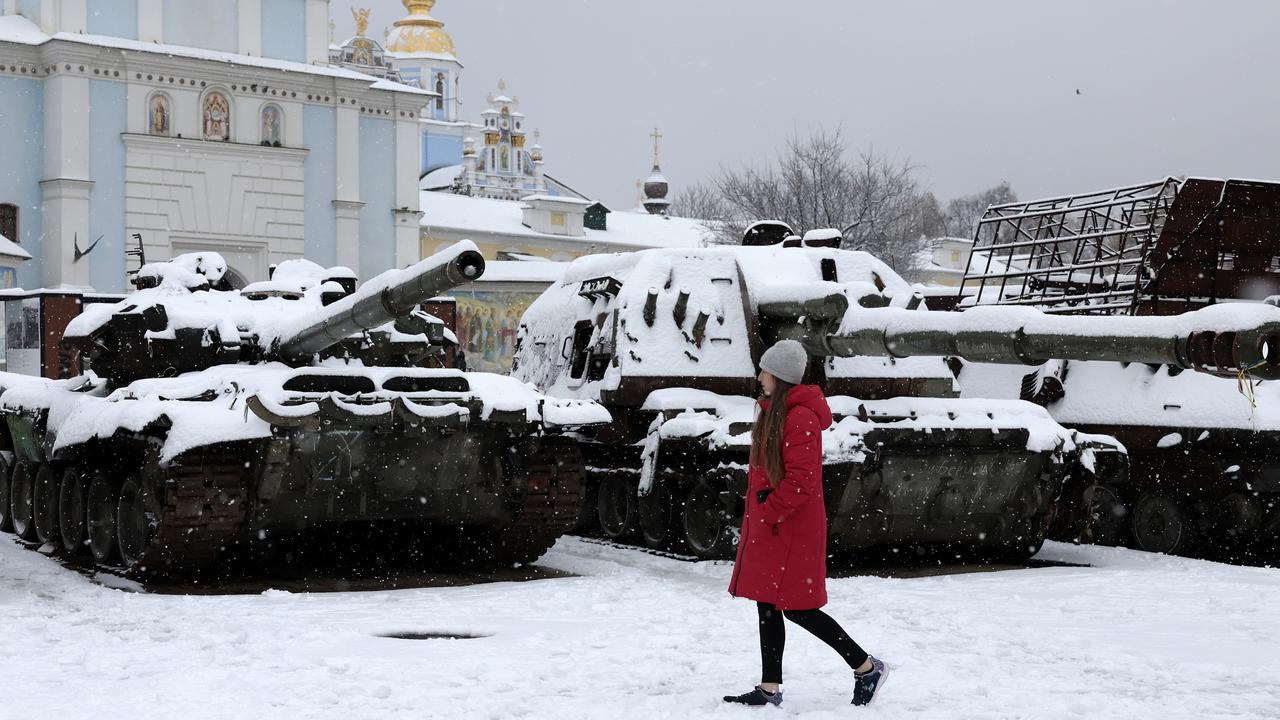Low morale crushes Russian army and people, as country faces harshest winter
Nine months into a war Vladimir Putin thought would last two days, Russians’ morale is sagging – and it’s about to get worse.
Russians could be in for one of their worst winters, in a country where the months December to February come with Arctic winds that plunge temperatures below 0C.
While the mercury drops down to -7C in Moscow, it can reach -60C during the nights in Siberia.
Nine months into Russia’s war on Ukraine, gone is Vladimir Putin’s initial belief that the army could capture Ukraine’s capital of Kyiv in just two days.
With no end in sight for Mr Putin’s military coup, Russia is about to enter its hardest three months, with fears it’s bad news for those on the front line and people at home.

‘Hopeless:’ Morale in Russia plummets
With no end date on the horizon, the uncertainty of ongoing warfare has had a major impact on morale among Russian citizens.
Speaking to CNN, a 34-year-old film producer described the mood in Russia’s capital as “extremely gloomy, quiet, intimidated and hopeless”.
“The planning horizon is as low as ever. People have no idea what might happen tomorrow or in a year,” she said.

Researching from an independent Moscow-based polling organisation, the Levada Center also showed the moral implication of war for the normal Russian.
Asked whether “people like them” were responsible for the “deaths of civilians and the destruction in Ukraine,” around a third of respondents said ‘yes’. This marked an 8 percentage point increase in positive responses between April and May.
‘Familiar goods disappear’
Since the beginning of the war, Western countries and allies have attacked Russia’s domestic economy through the implementation of imports, exports and sanctions.
Early on in the war, Russian banks were banned from the SWIFT system which disconnected the organisation from the international financial network. The effect sent the Russian Rouble into a downward spiral and saw Russians rush to the ATM in droves to withdraw cash.
The trend, however, continued. According to Reuters, September saw Russians looking to flee the country withdraw 458 billion roubles ($A11.1 billion) from banks after Mr Putin announced a partial mobilisation of troops.

Since then dozens of brands have announced a pause in their Russian operations,
Then a slew of brands stopped their operations in Russia, including brands like McDonalds, confectionary company Mars, Sony and Lego.
Lisa told CNN that Western sanctions have meant that everyday Western goods like Coca-Cola and clothing brands have either disappeared from stores, or are skyrocketing in price.
“Familiar goods disappear, starting from toilet paper and Coca-Cola, ending with clothes,” said Lisa. “I do not really know how this helps in resolving the conflict, because it affects ordinary people, not those who make decisions.”
Russian troops also to suffer
A report released by the British defence ministry said Russian soldiers fighting Mr Putin’s war in Ukraine will also suffer. While temperatures will drop to zero, bone-chilling rain can also turn the roads into mud, before snow freezes the ground.
Daylight also becomes a dwindling commodity, fading from summer’s plentiful 16 hours to just eight in winter.

“Winter will bring a change in conflict conditions for both Russian and Ukrainian forces. Changes to daylight hours, temperature and weather will present unique challenges for fighting soldiers,” the ministry said.
“The weather itself is likely to see an increase in rainfall, wind speed and snowfall. Each of these will provide additional challenges to the already low morale of Russian forces, but also present problems for kit maintenance.”
The season could also present tactical drawbacks.
“Additionally, the ‘golden hour’ window in which to save a critically wounded soldier is reduced by approximately half, making the risk of contact with the enemy much greater,” they tweeted.
“Night vision capability is a precious commodity, further exacerbating the unwillingness to fight at night.
Latest Defence Intelligence update on the situation in Ukraine - 14 November 2022
— Ministry of Defence 🇬🇧 (@DefenceHQ) November 14, 2022
Find out more about the UK government's response: https://t.co/XkaDUtCMFV
🇺🇦 #StandWithUkraine 🇺🇦 pic.twitter.com/HyQ3c9kxSv
Significant losses on the battlefield and the mobilisation of 300,000 inexperienced conscripted soldiers in October have further deteriorated the army’s fighting power and morale.
In a November report from the Institute for the Study of War (ISW), the think tank said desertion was also a concern among Russian soldiers.
“The morale and psychological state of Russian forces in the Luhansk and Donetsk oblasts are exceedingly low,” ISW says.
“Significant losses on the battlefield, mobilisation to the front lines without proper training, and poor supplies have led to cases of desertion.”






